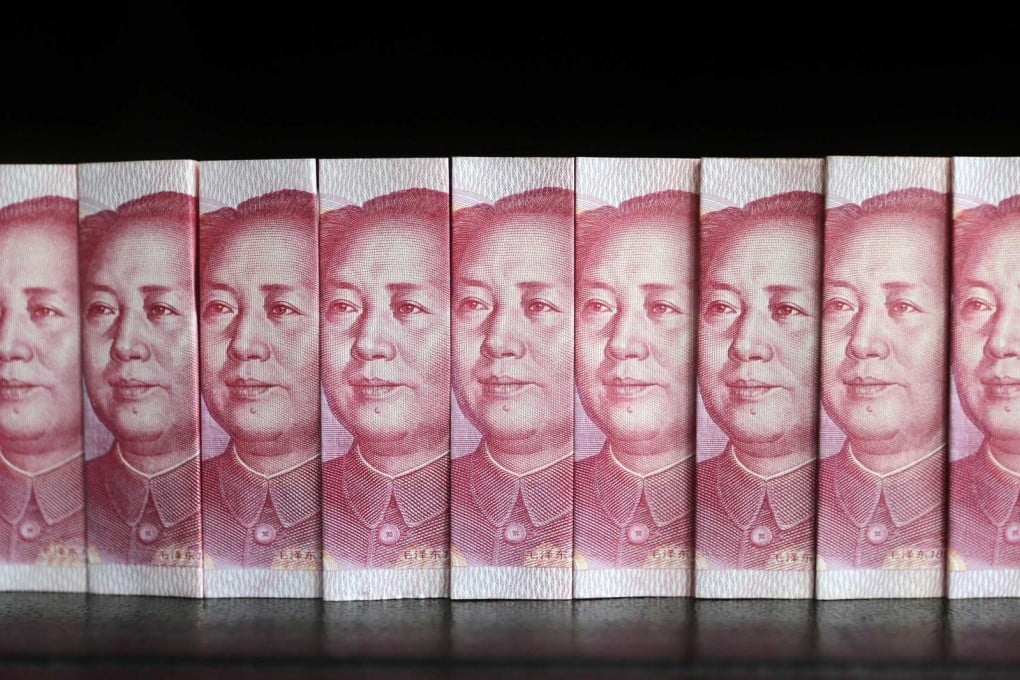China's central bank may ease credit after weak bond sales
Low interest rates blamed for cool response, but analysts say central bank has plenty of options to avoid American-style quantitative easing

China's central bank may have to ease credit further, after several provincial governments met cold responses to bond sales and amid rising pressure to spur infrastructure investment.
But analysts said the People's Bank of China (PBOC) did not need to pursue quantitative easing (QE) as had the United States during the global financial crisis.
The Jiangsu government was the first to delay its 64.8 billion yuan (HK$81 billion) debt sales last week as the bonds' return was too low to lure interest. Anhui and a few other provinces may be forced to postpone debt sales too, local media reported.
Beijing had hoped the bond sales would help accelerate local infrastructure building after economic growth slumped to a six-year low. But buying the bonds would squeeze banks' funds that could be otherwise invested in higher-return products.
A few media agencies reported this week that PBOC might adopt a mainland version of QE, such as through buying commercial bank assets or local government debt directly.
PBOC chief economist Ma Jun, however, denied such a possibility in an interview with .
